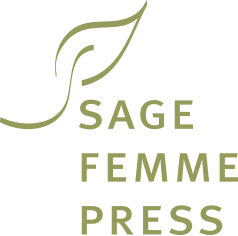Published collections of poetry rarely come with a preface—a foreword perhaps written by a critic or scholar if the poet is renowned or long dead, but you don’t often hear from the poet directly. Why, I wonder? Is it because a poem should speak for itself? because the poet’s own story is of no consequence?
As for me, I’ve always offered some sort of introduction to my work. I want to connect with the reader—to open a conversation as it were, rather than abandon her to an often challenging medium. And I want to establish a context for the collection itself. If I were to publish another book of poetry, I’d want to explain that I’ve enlarged my focus from healing art inspired by my decades as a professional and family caregiver to include observations and insights that have presented themselves to me as I’ve pondered spiritual questions and formative experiences over the course of what has turned out to be a long life.
Most of those I imagine to be “my” readers are caregivers themselves, or patients or family members. Would they be drawn to broader themes? Would the common reader (a term that came to me via Anne Fadiman who got it from Virginia Woolf who borrowed it from Samuel Johnson)—anyway, that uncommon person who reads for pleasure and turns to poetry for the music of language and enjoyment of form as well as illumination and personal enrichment—would this person be drawn in by a preface? Would he or she even bother to read it? This is the question I’m asking myself right now.
As poet Kathleen Norris writes in her memoir The Cloister Walk, “to answer a call as a prophet, or a poet for that matter, is to reject…human valuation of any kind, accepting only the authority of the call itself.” So perhaps the question I should be asking myself is not whether there are readers primed for a new collection of my poems but whether I am called to produce one—with a preface.
